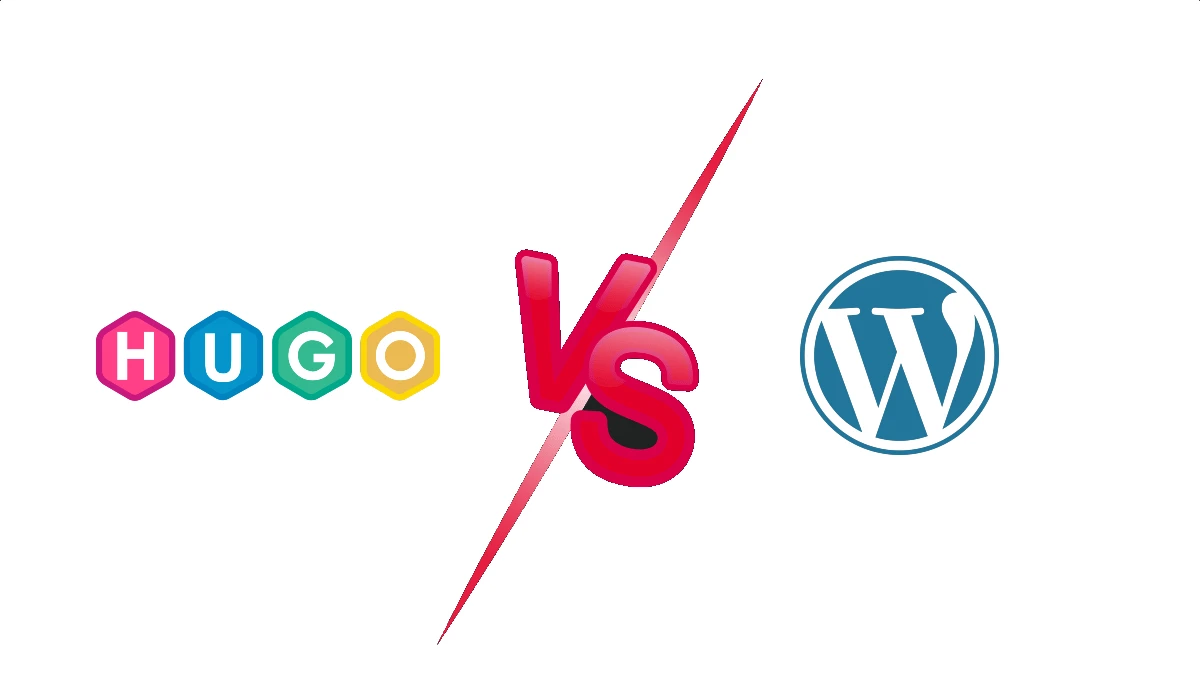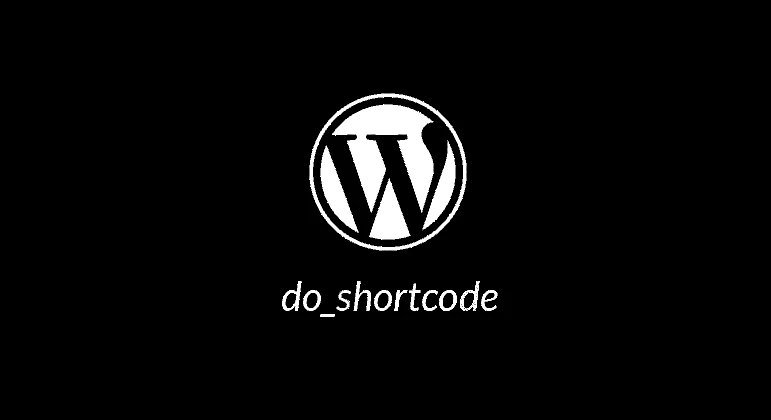Choosing the Right Platform: Hugo vs. WordPress for Your Website

Overview
As technology evolves, developers and content creators are presented with an array of options. Among these, Hugo and WordPress stand out as robust solutions, each with its strengths and weaknesses. In this comprehensive exploration, we'll delve into various aspects to help you make an informed decision for your website.
1. Performance and Speed:
When it comes to performance, Hugo and WordPress take divergent paths. Hugo, a static site generator, excels in speed due to its pre-rendered content. The absence of database queries results in lightning-fast loading times, making it an excellent choice for projects prioritizing performance. Conversely, WordPress, as a dynamic content management system, may need caching mechanisms to optimize speed, especially for larger websites.
2. Ease of Use:
User-friendliness plays a pivotal role in platform selection, particularly for those new to web development. WordPress has long been lauded for its intuitive dashboard, making content creation and management accessible to users of all technical backgrounds. On the other hand, Hugo relies on the command line for certain tasks, which might pose a steeper learning curve for beginners. However, for those comfortable with Markdown and the command line, Hugo's simplicity can be an asset.
3. Customization and Flexibility:
Tailoring your website to your specific needs requires a platform that offers ample customization options. WordPress, with its extensive library of themes and plugins, stands out in this regard. The vast ecosystem allows users to mold their sites to match unique visions. Hugo, while less extensive in terms of themes and plugins, empowers users with the flexibility of Markdown and Go templating. The trade-off between simplicity and extensive customization options depends on the specific requirements of your project.
4. SEO Friendliness:
Search Engine Optimization (SEO) is a critical factor for online visibility. WordPress, with its numerous SEO plugins like Yoast, provides a user-friendly and streamlined approach to optimizing content for search engines. Hugo, being static, requires manual optimization. However, its lightweight structure contributes to faster loading times, a metric that Google considers when determining search rankings. The choice between the two depends on your familiarity with SEO practices and the level of control you desire.
5. Security:
Security is paramount in the online landscape. WordPress, being one of the most widely used platforms, is often a target for malicious activities. Regular updates and the use of security plugins are essential to mitigate risks. Hugo, with its static nature, has a smaller attack surface, making it less prone to vulnerabilities. However, adhering to best security practices is imperative regardless of the chosen platform.
6. Community and Support:
Community support is a crucial aspect of any platform. WordPress boasts a vast and active community, resulting in extensive documentation, forums, and a plethora of tutorials. This wealth of resources can be a significant advantage, especially for beginners seeking guidance. Hugo's community, while smaller, is passionate and growing steadily. The choice here may depend on your preference for a larger, more established community or a smaller, more specialized one.
7. Hosting and Maintenance:
Considerations related to hosting and maintenance play a pivotal role in the long-term success of a website. Hugo's static files are easy to host on various platforms, often resulting in lower hosting costs. WordPress, being database-driven, might require more robust hosting solutions, potentially leading to higher expenses. The ongoing maintenance requirements for each platform also differ, with Hugo generally requiring fewer updates compared to WordPress.
8. Learning Curve:
The learning curve associated with each platform is a significant consideration, especially for those new to web development. WordPress's user-friendly interface and extensive documentation make it accessible to beginners. Hugo, while straightforward for those with command line proficiency, might be challenging for those unfamiliar with such tools. Consider your team's skill set and the learning curve your project can accommodate.
Conclusion:
In the Hugo vs. WordPress debate, there is no one-size-fits-all solution. Your choice should align with your website's specific needs, considering factors like performance, ease of use, customization, SEO, security, community support, hosting, maintenance, and the learning curve. Whether you opt for the familiarity of WordPress or the speed of Hugo, both platforms offer unique advantages that can contribute to a successful online presence. Ultimately, the decision hinges on your project requirements, technical proficiency, and long-term goals.


